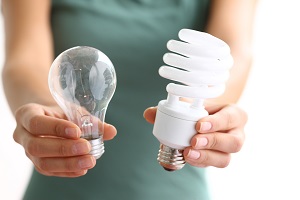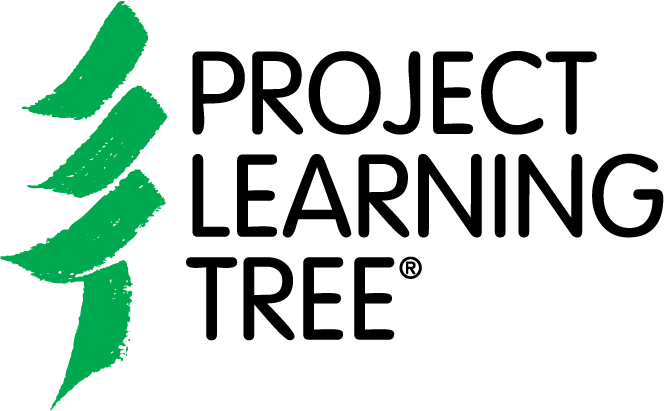 Lower your energy bills and help the environment at the same time. There are many simple ways you can save energy (and money!) at home.
Lower your energy bills and help the environment at the same time. There are many simple ways you can save energy (and money!) at home.
Consider This
When you drive to the store, take a shower, or turn on a computer, you’re using energy.
Electricity is the most common form of energy we use at home. Although electricity is itself a clean source of energy, the majority of electricity in the United States is generated from power plants that burn fossil fuels (coal, oil, and natural gas). Those power plants emit large amounts of carbon dioxide, carbon monoxide, nitrogen oxides, sulfur dioxide, and other emissions that affect air quality.
Consuming less energy reduces the amount of carbon dioxide and other pollutants released into the atmosphere.
Save Energy
Use the following questions to help you determine your current energy use practices and to identify ways to make improvements.
Heating and Cooling
- Can you adjust the temperature setting of your thermostat to conserve energy?
- Is your thermostat programmable so it can automatically use different day and night settings?
- If you have an outdoor air conditioning unit, is it in shade most of the day to help save energy?
- Are trees planted around the house to provide shade and a cooling effect in the summer?
- Are evergreen trees planted on the north and west sides of the house to serve as a windbreak and to prevent heat loss from the house in cooler months?
Lights
- Can you install compact fluorescent or LED light bulbs to save energy?
- Do you turn off lights when you leave a room?
Appliances
- Are radios, TVs, DVDs, and other appliances turned off when they are not in use?
- Some appliances, such as TVs and DVD players, that use remote controls are not really turned off when they are in standby mode. They continue to use energy in the standby mode. Are those appliances plugged into a power strip so they can easily be turned off?
Windows & Doors
- Do you use weather stripping and caulking to reduce drafts around windows and doors?
Water
- Is the hot water heater set at a temperature that is warm enough to provide hot water, but not set so high that it wastes energy or could burn a child? (120°F is the recommended setting for home hot water heaters.)
- Does the hot water heater have an insulated cover to help save energy?
- Do you wash clothes in cold water to save energy?
Other Energy-Saving Practices
- Do you clean the lint trap on the clothes dryer before using it to help it run more efficiently and save energy?
- Do you let dishes air dry instead of running the drying cycle on the dishwasher?
- Do you wait for a full load before running the dishwasher and clothes washer?
- Do you regularly service the heating and cooling units so they run more efficiently and save energy?
- Do you routinely clean or replace furnace and ventilation filters to increase efficiency and to reduce allergens in the air?
Get the Materials
- Download this Home Connection: Improving Your Energy Savings, adapted from PLT’s GreenSchools Investigations.
- Descarga la actividad en español: Cómo mejorar el ahorro en energía


